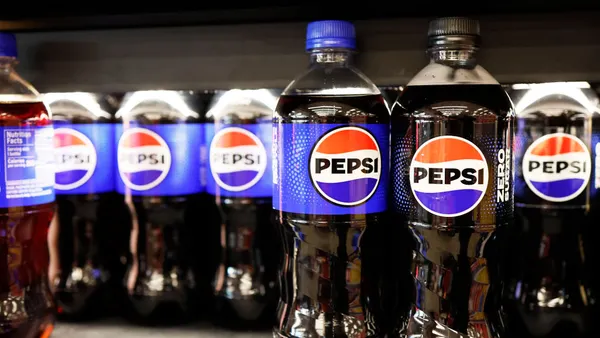Dive Brief:
- Drone company Flirtey completed its first delivery flight under a Federal Aviation Administration (FAA) pilot program in Reno, Nevada, the city announced.
- The multi-drone delivery demonstration was conducted under the FAA’s Drone Integration Pilot Program (IPP), which gave 10 local governments the authority to fast-track regulatory approvals for drone delivery in order to collect data for more widespread implementation. During the test, a single pilot simultaneously flew several Flirtey drones to deliver automated external defibrillators.
- The tests used the company's next-generation drone, designed for heavier payloads over long distances. Flirtey founder and CEO Matthew Sweeny said in a statement that the test was a "major milestone toward scaling drone delivery nationwide," and touted the potential for delivery of medical supplies and equipment in emergencies.
Dive Insight:
The FAA’s IPP is designed to help the agency craft future regulations around drone delivery by using real-world tests to collect data on functionality or safety concerns. The 10 approved projects contain a mix of private partners and are meant to address a range of issues, everything from surveillance to food delivery to mosquito control.
Reno’s FAA-approved tests are testing delivery of time-sensitive medical equipment. By keeping medical supplies out of traffic and avoiding the delays that can arise from ground-based transportation, Reno and Flirtey say they can save lives. For every minute a cardiac arrest patient has to wait for defibrillation or CPR, their odds of survival decrease by 75 to 10%, according to the American Heart Association.
Beyond the life-saving possibilities, the Reno tests are also showing the potential for drone-based delivery. Private companies like Amazon and FedEx have been bullish on the potential of unmanned vehicles for package delivery, and some have expressed frustration with the federal government’s relatively slow regulatory process that they say has delayed real-world applications. The IPP tests — which will continue through the year — are a key step towards getting a policy framework that could make delivery drones more widespread.













